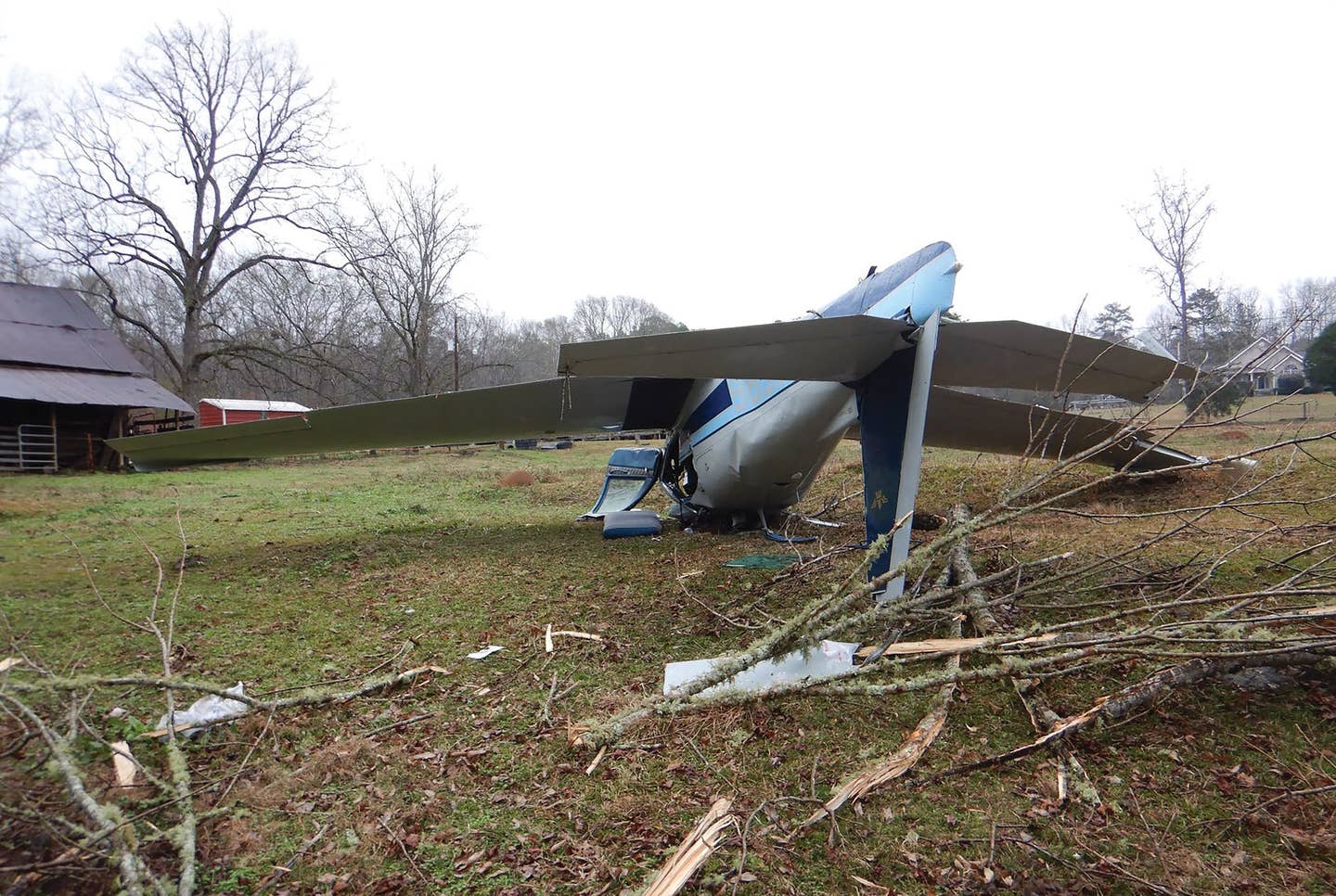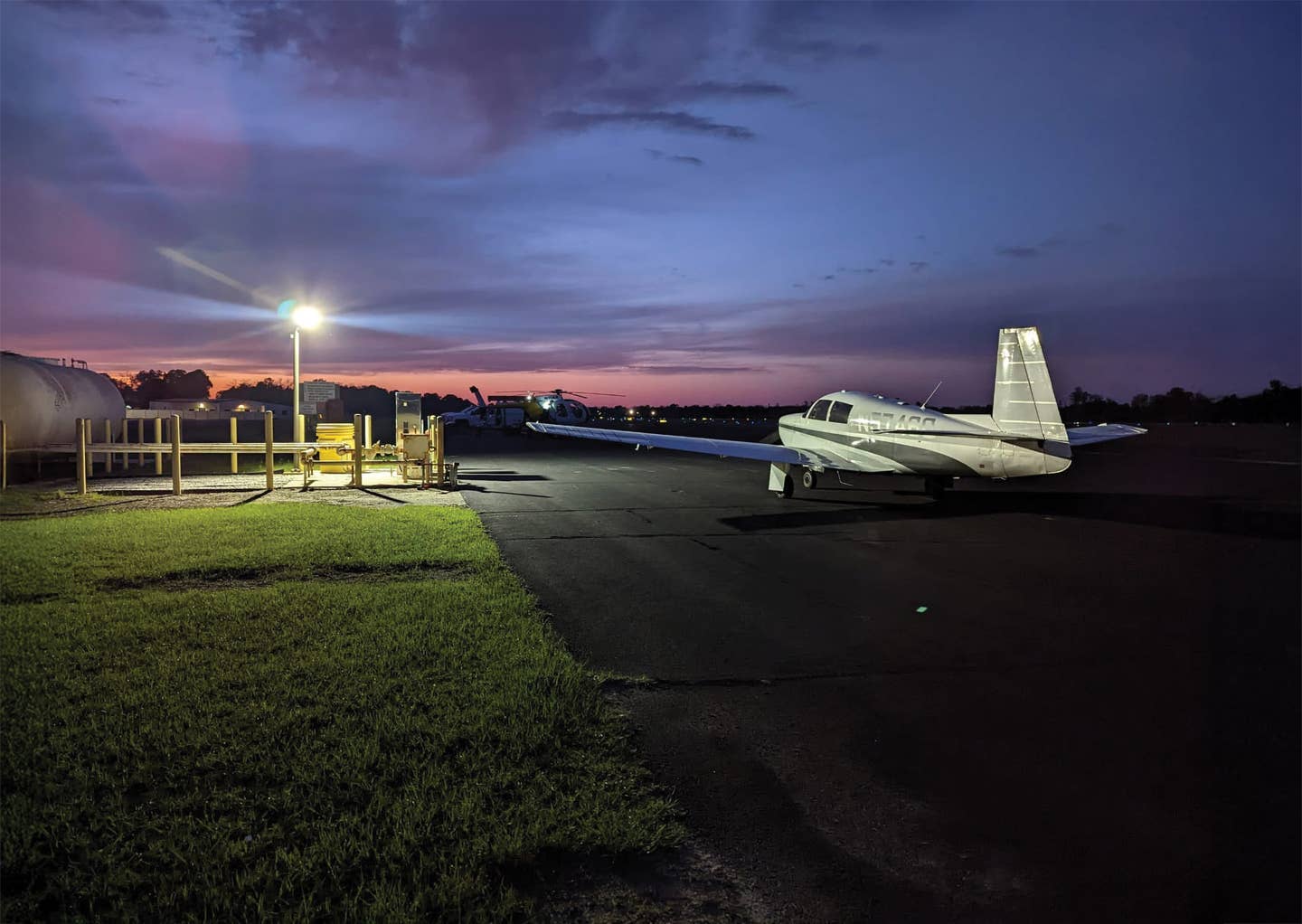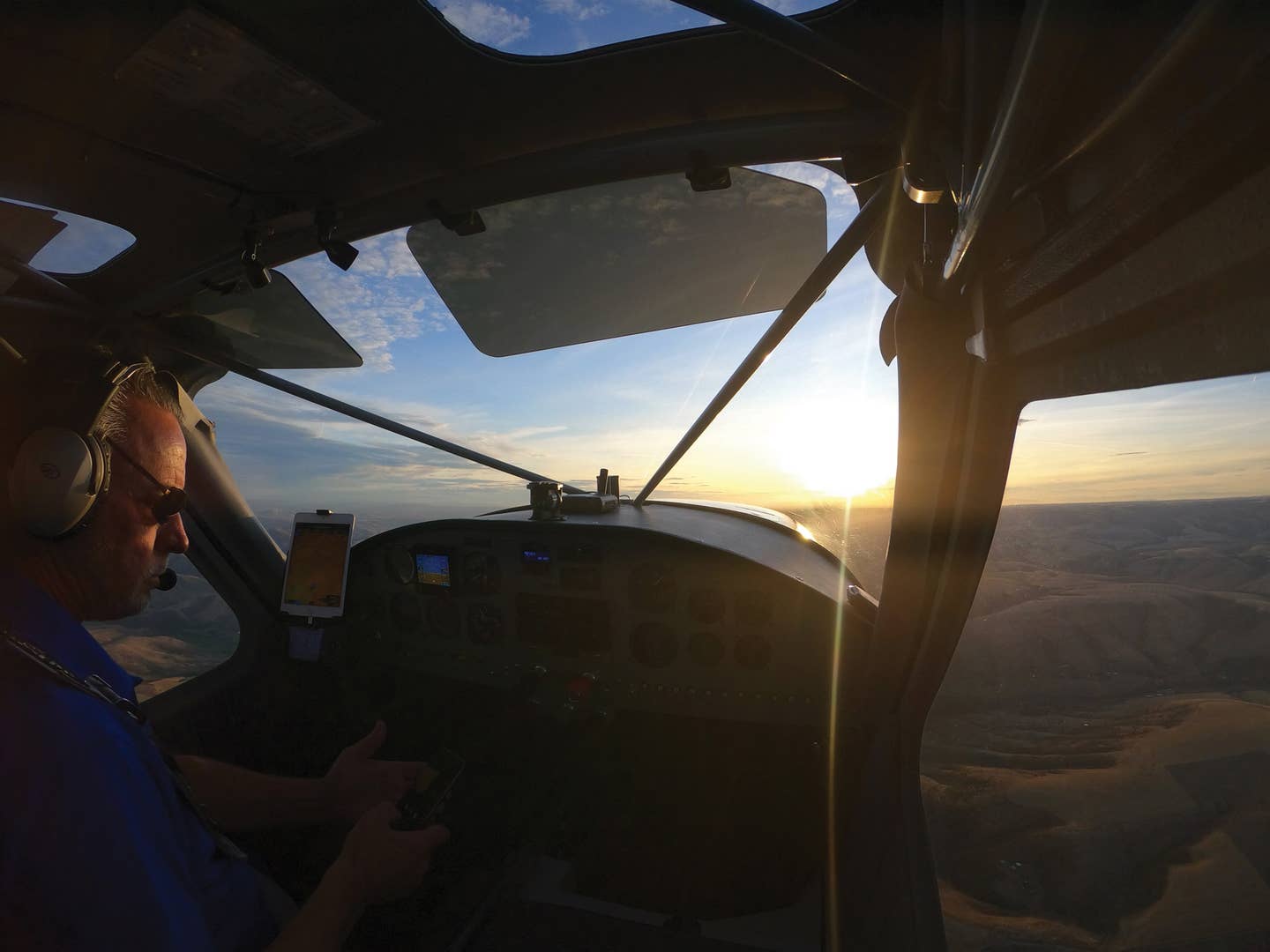Can Aviation Decision-Making Be Taught?
Why preaching to the choir has limited effect and what we might do to reach a new audience.
As I looked around the room at the 25 or 30 other pilots taking a seminar on aeronautical decision-making (ADM) led by American Airlines captain and flight instructor Brian Schiff, I had a flashback to about 35 years ago, when I was a young psychologist.
At the clinic where I worked, I received a command from on high that I was to teach a parenting class. I was reluctant to do it, given my lack of experience (having, at that point, no kids of my own), but I had not yet learned how to say "unable," so I studied the curriculum and forged on. The parents who attended were enthusiastic, and I thought I did a pretty good job helping them support each other, think through their actions, and become more effective parents. But by the time the course was over, I came to the realization that the parents who attended were already good parents, which is exactly why they were there. The ones who really needed to be there were the ones who didn't show up in the first place.
As the pilots around me at Brian's ADM seminar began to ask questions and offer up stories of their own, I found myself thinking that, for the most part, these were people I would enjoy sharing a cockpit with. And then it hit me that, just like the "good parents" who attended parent training seminars with me years ago, these were probably not the people who needed to be in the room refreshing their ideas about ADM, because merely by attending the seminar, they were demonstrating good decision-making.
Clearly, the seminar wasn't doing any good for the ones who didn't show up, and short of handcuffing them and dragging them in, I couldn't imagine what might motivate them---a plastic WINGS pin certainly wouldn't do it. But I also couldn't help but wonder if the seminar was doing any of us any good, even the already-good pilots who did show up.
There is an old adage in the teacher education field that you can teach a good teacher to be a better one, but you can't teach a bad teacher to be a good one.
If that were true for pilots as well, then teaching us how to make better decisions should work, even for old dogs like me. There's some research on this, and in general, it does appear that old dogs can learn new tricks---it just takes them a bit longer. That makes sense, not just because us older pilots have slower reflexes, including slower mental reflexes, but also because sometimes we have a much longer embedded history of thought patterns and habits that we must unlearn as well. But the other half of the adage claims that you can't teach a bad teacher to become a good one. If the same were true for pilots then attempting to teach ADM to those pilots would be pointless.
ADM is not much more than a fancy way of saying good judgment. Having good stick and rudder skills may be essential, but that alone doesn't make you a good pilot. A good share of pilots get in trouble not as a result of poor fundamental skills---although that often plays a part---but rather because they have demonstrated poor judgment.
The most critical factor in teaching and improving one's judgment is best captured in that sophisticated tale about how many psychiatrists it takes to change a light bulb. Yeah, that's right, the light bulb has to want to change. The most difficult part of teaching good judgment is that those with poor judgment don't have good enough judgment to know that they have bad judgment. Those light bulbs are going to stay burned out in their sockets because, well, they just don't think they need changing.
One could argue that the only way to get a person who doesn't think they need to do something to do it is to resort to a command mentality. Ongoing ADM training would need to be a requirement in order to maintain a pilot's ticket. That would then need to be policed, and the consequences of getting caught would need to be severe enough to motivate pilots to do what they are told. That would mean more government bureaucracy, and most of us think it's only the other person who should have to do it anyway.
Good aeronautical decision-making requires planning ability, frustration tolerance and the ability to regulate one's emotions and react to stressful situations with clear-headedness. If you are one of those motivated enough to work not only on stick and rudder skills but on judgment skills as well, the best place to begin is to confront and attend to your own patterns of irrationality. That irrationality can come in the form of an excess of attention to details (losing the forest for the trees) or missing the trees altogether because you are distracted by the wonders of the forest.
It can involve looking at the extent to which your own conceit or bull-headedness may interfere with your life, or, on the other hand, your lackof confidence, and may cause you to retreat or panic in stressful situations. Your judgment also may be affected by how quick you are to anger or where you fall on the optimism spectrum. You may be overly optimistic, such that you are likely to wishfully think the weather will improve en route, or overly pessimistic, leading you to believe you won't be able to handle an easy crosswind. Your judgment can be affected by how well you stand up to authority figures, leading you to be passive and fearful of declaring an emergency or refusing an inappropriate ATC directive.
Flying VFR, we are taught to keep our heads on a swivel and constantly scan for potential danger lurking outside the windscreen. Flying IFR, we are taught to keep our eyes on the instruments inside the cockpit. Good ADM requires looking inside ourselves, a place many of us rarely go. If ADM is, as I tend to see it, just another way of applying good judgment to piloting, then it stands to reason that studying ADM might just help all of us to become better pilots, and better human beings as well.

Subscribe to Our Newsletter
Get the latest Plane & Pilot Magazine stories delivered directly to your inbox






